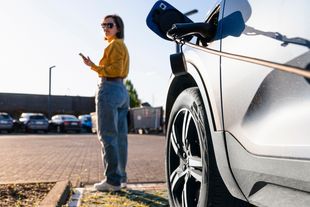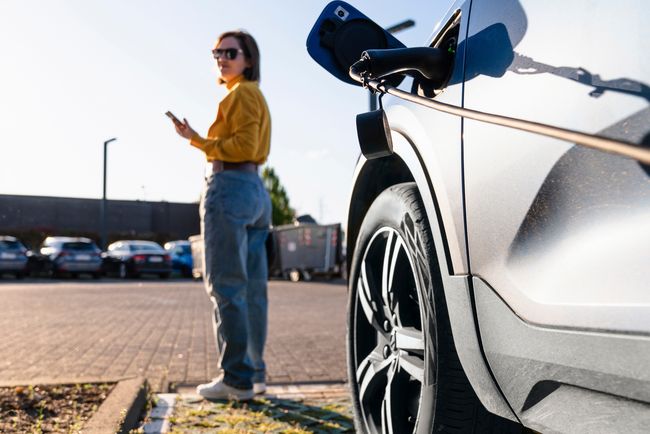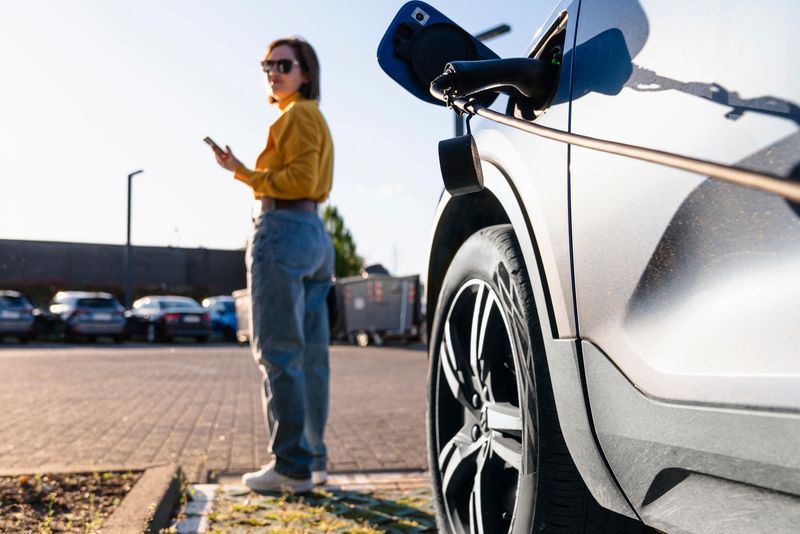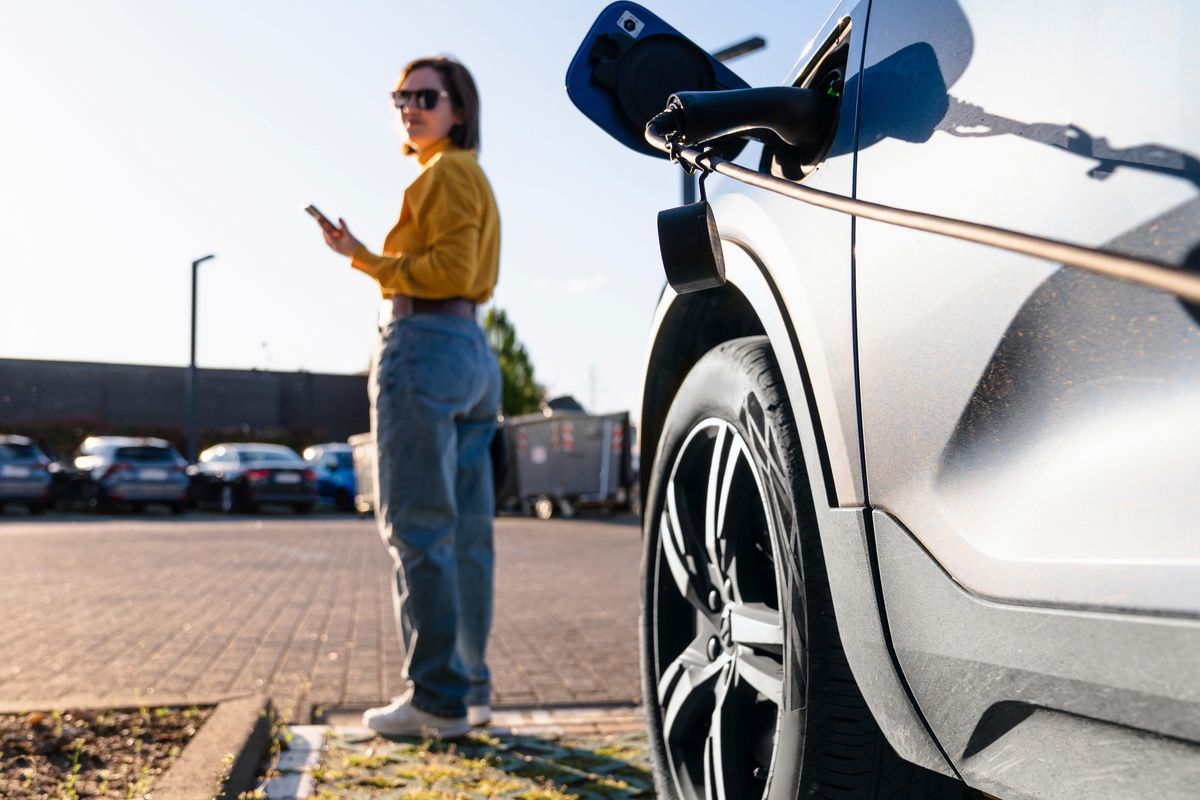TÜV NORD tests and inspects electric vehicle charging points




For several years now, an increasing number of electric vehicle (EV) charging points for electric cars have been installed throughout Germany in order to speed up the further development of the mobility transition. The EV charging points are subject to mandatory inspection in accordance with the Charging Station Ordinance (LSV):
- Property owners,
- Owners' associations,
- Facility managers,
- Petrol station operators,
- Underground car park and car park operators,
- as well as cities and municipalities
must always keep an eye on these to ensure safe operation. TÜV NORD supports all operators of EV charging points for electric cars in complying with their operator obligations.
Charging Station Ordinance - Minimum Technical Requirements for EV Charging Points
The Charging Station Ordinance (LSV) issued by the Federal Ministry for Economic Affairs and Energy came into force in 2016. The requirements contained therein regulate the nationwide expansion of a network for EV charging points and place the operators under an obligation. The European requirements of Directive 2014/94/EU for charging plug-in systems are thus transposed into German law. One of the provisions of the LSV is standardized plug and coupling systems (Type 2 and Combo 2) for new charging points.
The amended Charging Station Ordinance passed by the Federal Council has been in force since September 17, 2021. Since then, it has been referred to as LSV II. It also takes into account the charging of vehicles without a contractual obligation in order to promote greater acceptance among owners of electric cars. Another amendment will follow in November 2021.
Safe installation and operation of your electric vehicle charging points
- Support during the planning phase
- Checking the electrical system to be expanded for compliance with the planned requirements after implementation planning and prior to realization
- Testing of charging point and infrastructure during the construction phase
- Testing of the charging infrastructure before commissioning
- Testing of fire protection requirements with regard to the construction of charging points and their infrastructure
- Testing of lightning protection system (if available)
- Support in determining the recurring tests and their intervals
- Failure analysis in case of frequent charging interruptions
Do you have a question?
Would you like an offer?
DIN VDE 0100 and other technical principles for the operation of EV charging points
Various technical regulations govern the operation of EV charging points, depending on whether the location is public, partly public or non-public. Private charging points are only accessible to a limited group of users. Charging points in public areas, on the other hand, can be frequented by an undefined group of users. A partly public area can be, for example, a charging point on company premises that may also be used by visitors.
The following standards apply to the respective areas:
(private area) Examples:
- Workplace parking spaces for employees
- Underground car parks for residents
Examples:
- Customer parking spaces in shopping centres
- Visitor parking spaces on company premises
- Multi-storey car parks
Advantages for operators - More safety in the operation of charging points for electric vehicles
- Safety in the planning, installation and operation of EV charging points
- An independent inspection option for the electrical system, in addition to the installer's declaration
- Holistic consideration of the project planning, even before the start of the construction phase, with final documentation on the safe operation of the charging points
- Regular inspections of the entire charging infrastructure by qualified personnel (manufacturer-independent)
- Improvement of availability and operational safety
FAQ on EV charging points
The electric car is coupled to the charging point and thus connected to the power grid. The charging time varies depending on the model and power of the car. A 100% charge is not always necessary. This depends on the planned range.
The German Commission for Electrical, Electronic & Information Technologies in DIN and VDE (DKE) is the body for electro-technical standardization in Germany and develops standards and safety regulations for electrical engineering, electronics and information technology.
During a VDE test, the function and safety of electrical systems are tested.